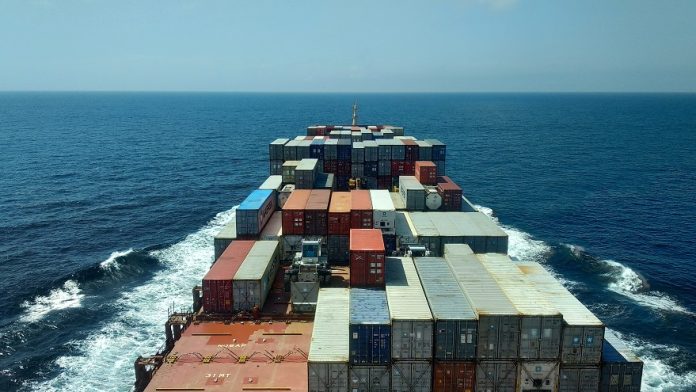World Bank warns of surging energy prices, slower growth and higher inflation as threat rises of disruption to world trade
A prolonged conflict in the Red Sea and escalating tensions across the Middle East risk having devastating effects on the global economy, reigniting inflation and disrupting energy supplies, some of the world’s leading economists warn this weekend.
In its latest report on global economic prospects, the World Bank says the Middle East crisis, with the war in Ukraine, has created real dangers. “Conflict escalation could lead to surging energy prices, with broader implications for global activity and inflation,” it says.
“Other risks include financial stress related to real interest rates, persistent inflation, weaker than expected growth in China, further trade fragmentation and climate change-related disasters.”
It adds: “Recent attacks on commercial vessels transiting the Red Sea have already started to disrupt key shipping routes, eroding slack in supply networks and increasing the likelihood of inflationary bottlenecks. In a setting of escalating conflicts, energy supplies could also be substantially disrupted, leading to a spike in energy prices. This would have significant spillovers to other commodity prices and heighten geopolitical and economic uncertainty, which in turn could dampen investment and lead to a further weakening of growth.”
John Llewellyn, a partner at Independent Economics and a former chief economist of the Organisation for Economic Co-operation and Development (OECD), said: “This has escalated to become a serious problem.” He put the probability of serious disruptions to world trade at 30%, up from 10% a week ago: “There is a horrible and inevitable progression that could see the situation in the Red Sea spread to the strait of Hormuz and the wider Middle East.”
Source: www.theguardian.com









































